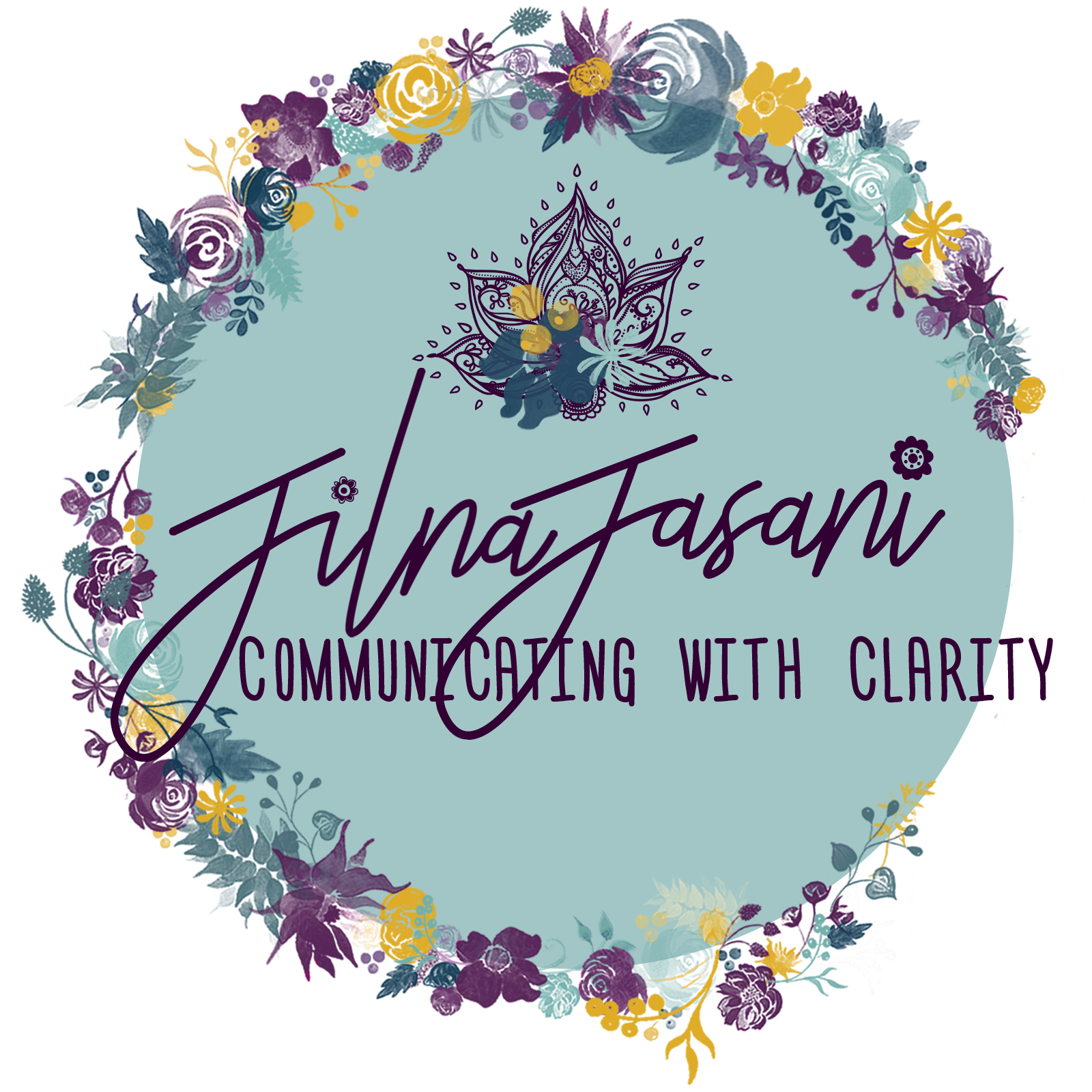
How Trauma is Transferred

Trauma travels in all directions, and those who are most susceptible or vulnerable to it get affected the most. It is the patterns of our traumatized state of mind that continue to show up in our present interactions with our children (and others).
This is a big concept, so I’ll try to simplify and illustrate my understanding of it in a story.
Knowing how trauma is transferred matters because it will help you create the conditions to emotionally support your children when they are in the presence of trauma.
My son Jian is 7.5.
We took the leap and exposed him to his first after-school activity before the pandemic.
With no expectations of sign-up, we arrived to watch our first football practice when this conversation took place…

Coach: “Don’t you dare disrespect me,” (screaming in the little boy’s face, pointing his finger in his eyes) “Did you hear what I said?”
6 Year-Old Boy (in the league): “Yes, sir.”
My heart was pounding as I watched my highly sensitive and empathetic child look up at me for reassurance that he was safe, while I’m sure he was simultaneously creating his own interpretation of this situation that may have looked something like:
“This man is dangerous.”
“I feel scared.”
“I don’t ever want to play again.”
“That boy feels hurt.”
“I wonder if he’s scared?”

I quickly grounded myself by acknowledging my triggers before I began to make my own mental interpretations about the boy, the coach, and the situation we just experienced. I knew that if Jian sensed my fear, he would create another set of deeper interpretations.
“Mom is scared too.”
“She looks worried.”
“This place is dangerous.”
“I’m not coming back.”
“Will he scream at mom too?”
In reading this, I’m curious – if you had witnessed an interaction like this, of a coach and another child, how would you have felt? What would you have thought?
“Wow, why is that coach so angry? I can’t see/understand how the boy disrespected him?”
“Oh, I feel so sorry for that boy. He doesn’t even know what he did.”
“I can see why that coach would feel disrespected.”

Any and all interpretations of this situation could feel real, but none of them are the truth. The truth is subjective in the eyes of the beholder. However, the experience of what both the coach and the boy felt, in that moment, is the truth. How do we know? Simply because they actually felt something in their body which created the reaction. In other words, the feeling is real, the interpretation is not.
Jian, myself, the boy, the coach, and everyone around us in that situation could have been affected, depending on our vulnerability. This is how trauma gets passed down; when experiences aren’t understood. It’s not linear. It’s dynamic. It moves through all vertical and horizontal channels, affecting anyone and everyone who is susceptible to it, unless the trigger is made sense of. In other words, unless we process the emotion, thoughts, beliefs, and feelings around the trigger, it will continue to move through channels affecting those we love so dearly.
Now (and if it feels okay for you to do so in order to understand your traumatized state of mind), picture yourself as a little girl…
You’re 5, 6, 7 (maybe younger)?
Use the below question prompts to understand your traumatized state of mind.
Think of a situation you were in.
Who was there?
What happened? (Describe what you saw)
What were you worried about?
What did you make the situation mean?
How did you feel?

The feeling gets stored in your body.
Years pass by, as the pain grows in that part of your body and continues to go unacknowledged.
Now, see if you can come into the present moment. Take a deep breath if you need to.
Do you know anything more about the people that were present in that memory? For example, did they experience any emotional pain, like being misunderstood or bullied in any way? Can you identify areas where those around you were also seeking attention? Could it be true that those around you came from homes where there was violence, drugs, physical or emotional abuse?
If so, can you see how what you perceived was not directed at you?
Those around you had energetically detected a vulnerable state in you, and therefore you became the target of their pain. It had nothing to do with who you are; it had more to do with your traumatic state of mind.
In essence, I’m guiding you to explore the interpretations (beliefs and thoughts) that lie underneath your triggers (stored pain) which are blocking you from having compassion for yourself, and therefore for your child. Your child’s pain is manifesting in their behavior because they feel misunderstood. Could it be true that their behavior also reminds you of your own traumatized memory?
If so, it may be helpful for you to work with a coach who can gently and slowly help you deconstruct your triggers in their entirety, so that you gain clarity on your own emotions and thoughts. By doing this, you will have the opportunity to support your child in making sense of their emotions and thoughts. This will result in a healthy connection between your child.

When you take a one-on-one coaching journey with me, we will set an intention to explore your triggers, so that you create the conditions to emotionally support your children when they are in the presence of trauma. If you feel inclined,

